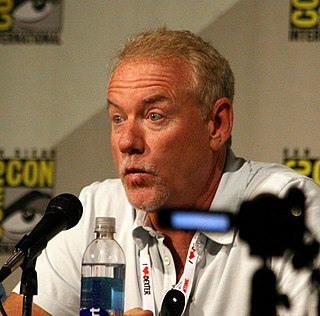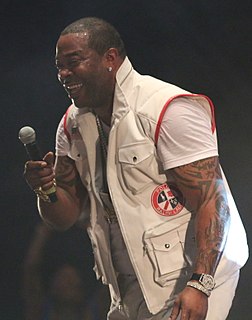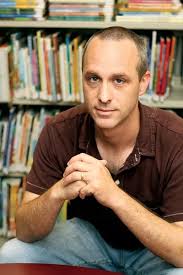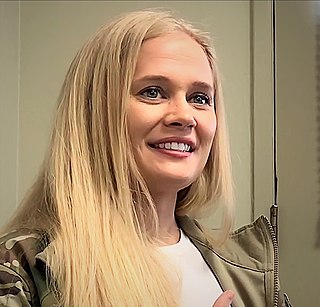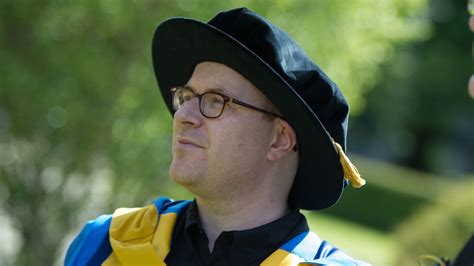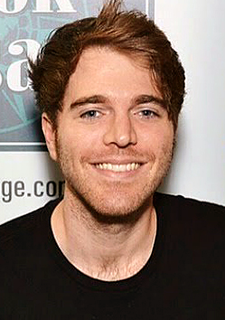A Quote by John Debney
I knew that I wanted to create rich themes, and something that people might really relate to emotionally. That was the quest, authenticity, and then just to make the audience feel something.
Related Quotes
What I react against in other people's work, as a filmgoer, is when I see something in a movie that I feel is supposed to make me feel emotional, but I don't believe the filmmaker shares that emotion. They just think the audience will. And I think you can feel that separation. So any time I find myself writing something that I don't really respond to, but I'm telling myself, 'Oh yes, but the audience is going to like this,' then I know I'm on the wrong track and I just throw it out.
Eventually, when I got the 'Meadowland' script, I saw something in it that made me think I could make something special out of it, something that could work with my style. Emotionally, I connected to it. I thought, 'If I feel this way just imagining it, maybe we can make that happen on screen and make people feel something when they watch it.'
No sooner had he thought this than he realized what was anchoring his happiness. It was purpose. He knew what he wanted to do. He knew the way he thought things should be, and Mr. Harinton was proving that other people--even adults--could feel the same way. Nicholas had something to aim for now. He might not know what he wanted to be when he grew up, but he knew with absolute certainty how he wanted to be.
I think that's a great opportunity, to pick a script where you can build up a good skill. I think the main thing I look for when I look at scripts is if it's inspirational. If it's something that teenagers can relate to. And is it something that the audience is going to get something out of. If not, then it's really not worth doing.
There's this idea, particularly in pop music and a lot of these pop father/manager types, that you're selling the person instead of the song. You basically want to create something that the fans relate to because it's exactly like them. So there's a lot of art that's made to be in the image of the audience, but then the audience is imitating this version of themselves. It's a really weird cultural feedback loop, and it's kind of strange to watch. It's a new thing since I was a kid, really a different thing.
I'm living as an artist, and that's a staggering feeling, it's a total luxury. And because you have this amazing chance, with so much freedom, I'm determined to make something that is worth that. I feel this responsibility - to create something that makes an audience feel, which takes them somewhere. But that's very hard to achieve.
I think everybody's goal was to make something that was really broad for a big audience, which was my goal too. But my main goal was that I wanted my audience to love it, because they're the ones who are going to buy it, and they're the ones who are going to tell their friends. And I wanted to make sure that core audience was really happy, because if they all buy it we have a successful movie.
If somebody asks me about the themes of something I'm working on, I never have any idea what the themes are. . . . Somebody tells me the themes later. I sort of try to avoid developing themes. I want to just keep it a little bit more abstract. But then, what ends up happening is, they say, 'Well, I see a lot here that you did before, and it's connected to this other movie you did,' and . . . that almost seems like something I don't quite choose. It chooses me.
